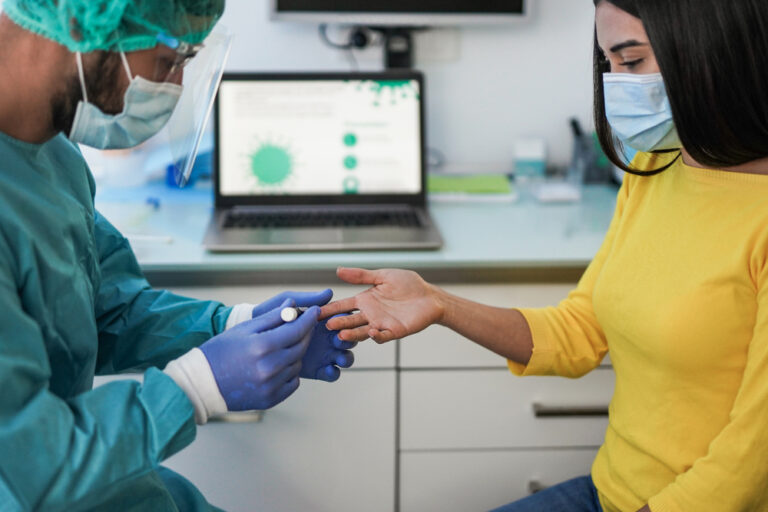KRYSTAL MCKENZIE
Dr Andrew Jamieson, through the Bermuda Diabetes Association, offers some interesting facts surrounding COVID-19 and diabetes. If you haven’t already investigated this, be encouraged that it’s manageable to live well despite the challenges you may face:
1. Having diabetes does not increase a person’s chance of being infected by Coronavirus.
2. A person with diabetes is at a greater risk of becoming unwell if they develop COVID-19 than someone without diabetes.
3. The way COVID-19 causes illness, by attacking blood vessels throughout the body, makes people with diabetes more prone to complications of COVID-19.
4. A person with diabetes who develops COVID-19 will experience a rise in blood glucose levels that may become dangerously high.
5. Certain medicines used to treat diabetes, which are recommended to be stopped in any acute illness, can worsen a person’s health if continue during a COVID-19 infection, e.g. Metformin, SGLT- 2 inhibitors.
6. Patients with diabetes are about twice as likely to end up being admitted to ICU than those without diabetes.
7. Poorer control of diabetes, increasing age, kidney disease and socioeconomic deprivation are the strongest factors predicting hospital admission, ICU admission and death in people with COVID-19.
8. The majority of people in hospital in Bermuda due to COVID-19 have diabetes – the combination is deadly.
9. Your risk of getting very sick from COVID-19 is likely to be lower if your diabetes is well managed and you are vaccinated.
Now, while that information should be taken seriously, it’s not all bad news. Things feel a little scary or uncertain. If you’re finding yourself worrying, consider focusing on the things you can control in your life:
1. Know your ‘sick day’ rules. If unsure, reach out to your HR department or other professional. Take care of yourself!
2. Keep up to date on the symptoms of COVID-19 and what to do. Check out a reputable site or stay in touch with your local physician.
3. Keep up to date with public recommendations. It’s not fun, but it helps to keep cases low – wear your mask, wash you hands often with soap and warm water, maintain social distancing, etc. Reference the government website or other local news sources to stay current.
4. Take precautions! Try to keep your blood glucose level in range, ensure you have hypo treatments and available, and prescriptions if needed.
5. Look after your body. Try to make good food choices and look at this as an opportunity to expand your culinary skills! Also, find an activity of interest that will help you maintain a good exercise level.
6. Look after your mind, as well! Keep in touch (or reach out if you haven’t already) to friends and family. If you’re isolating, remember to keep your brain active and to care for yourself mentally.
7. Don’t be afraid to say “no”. Feel confident in saying “no” if something is no good for you. Ask for help you feel you need it.
There are some things that are beyond your control and focusing your worry on them won’t help you.
You can’t control who catches COVID-19, if you catch it, events being cancelled, what supplies are available, or all the negativity out there.
However, you CAN manage the stresses and uncertainties by preparing yourself to cope with whatever situation you find yourself in and making changes for the better. Eat well, exercise, sleep consistently, de-stress, and live the best life you can.
The power is in your hands!

